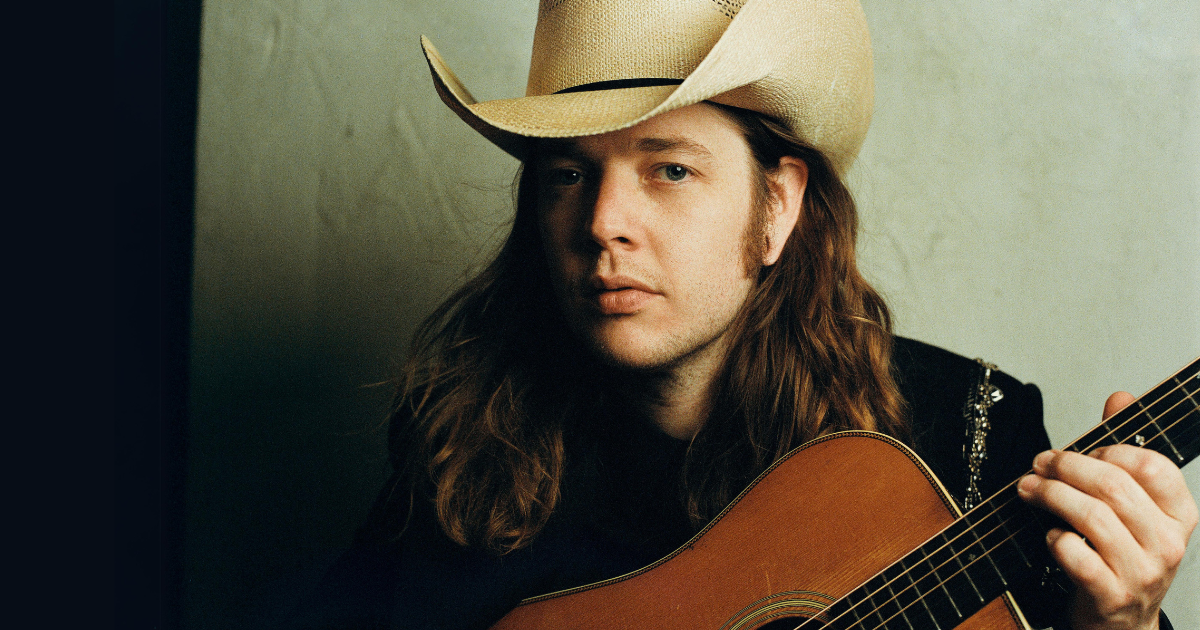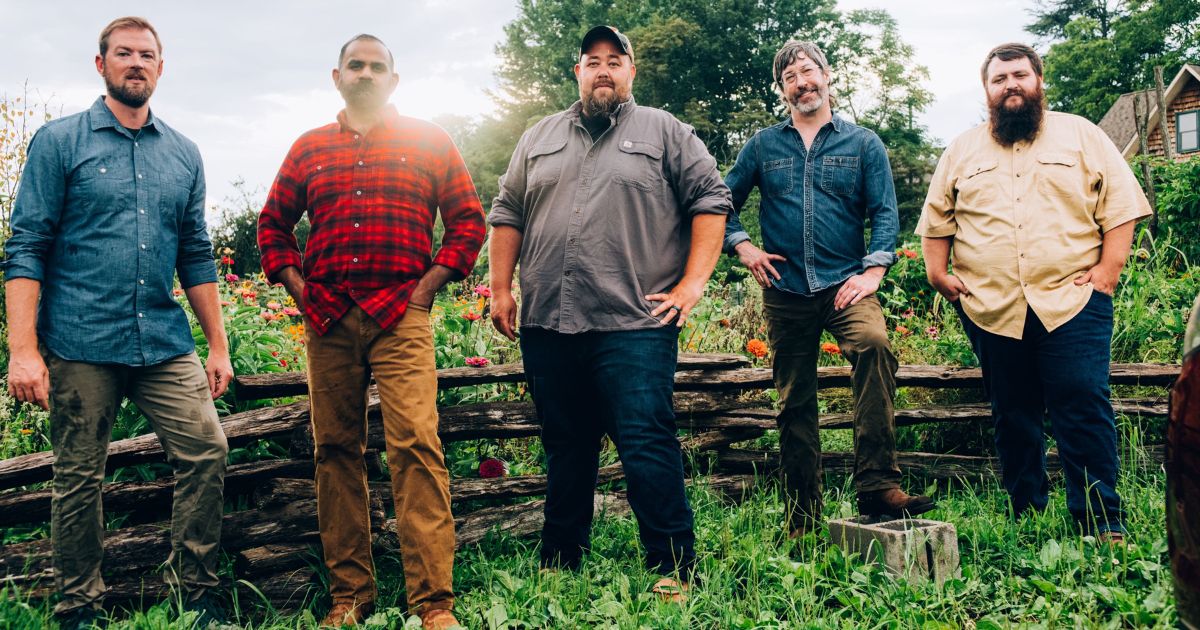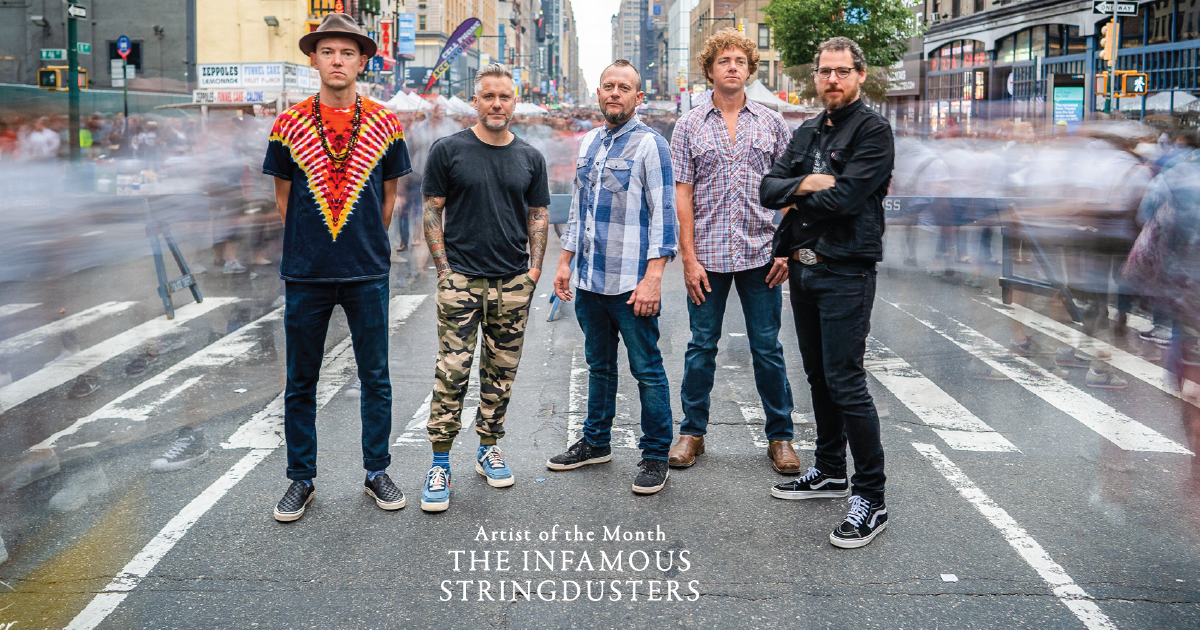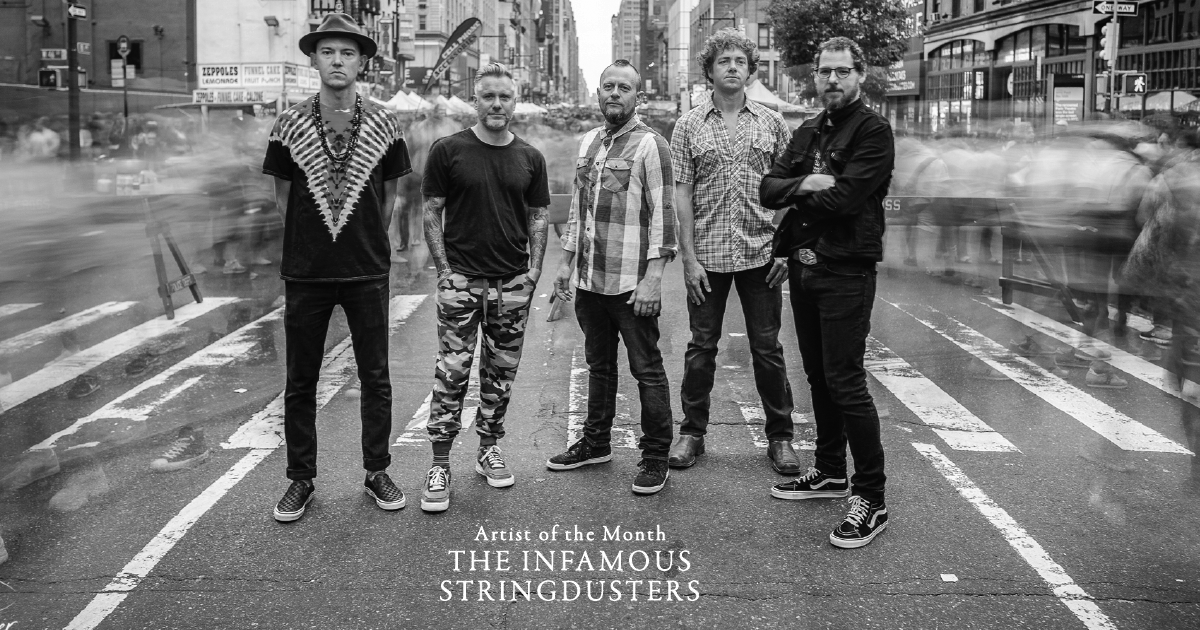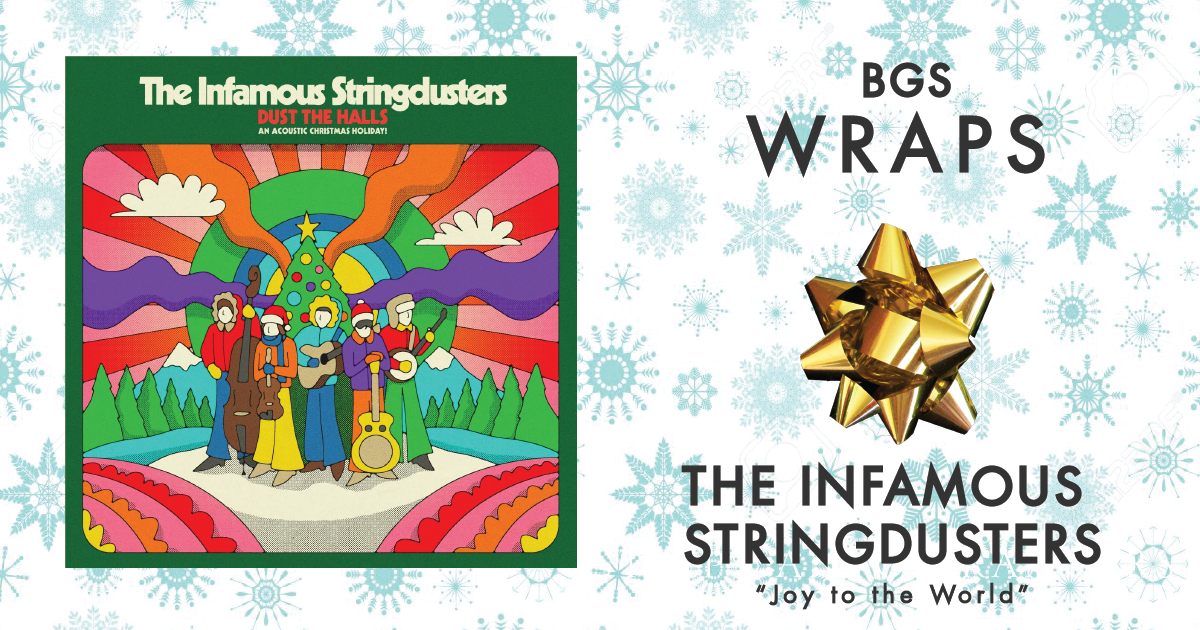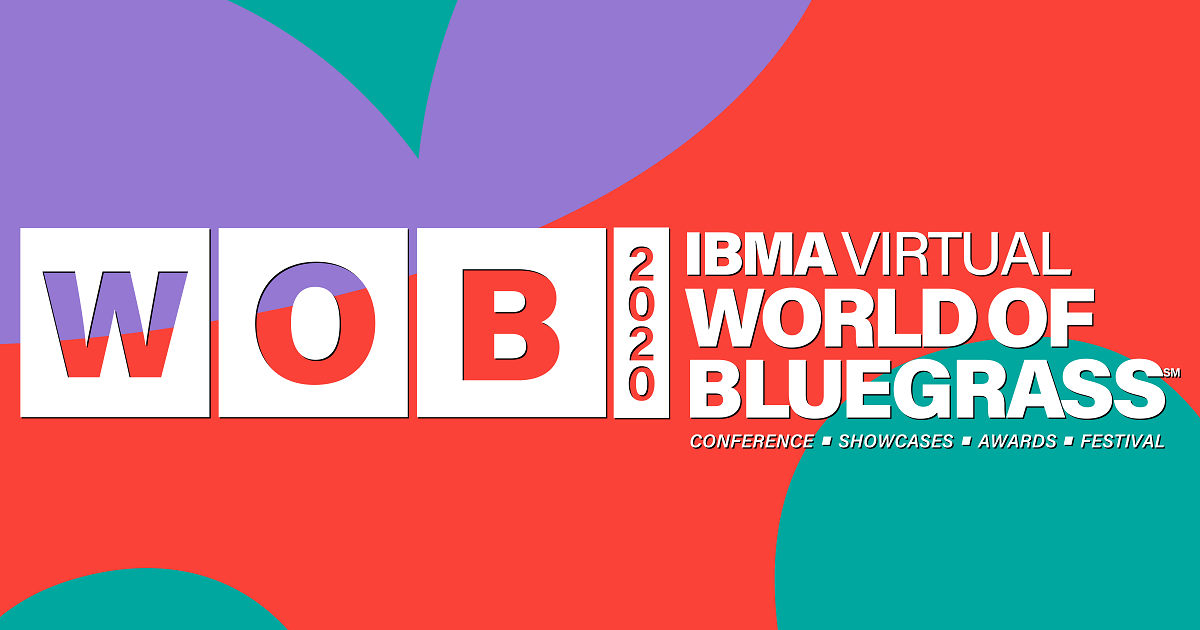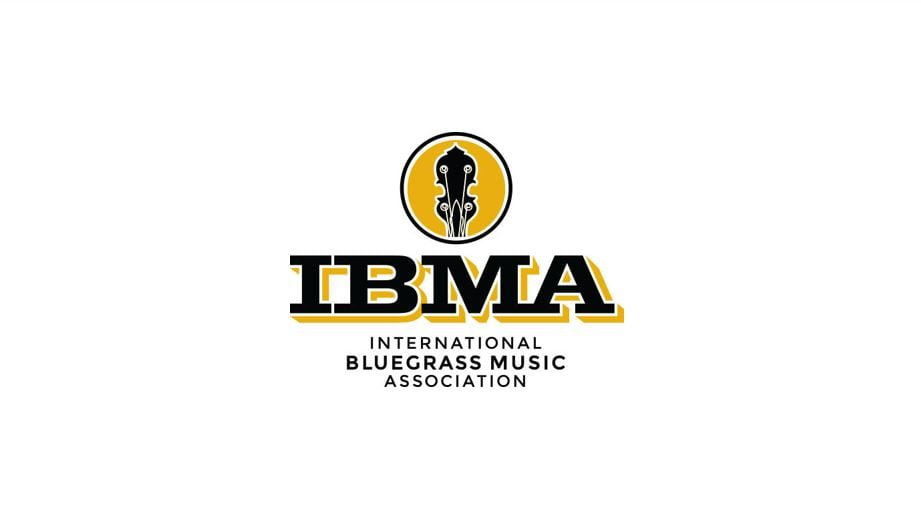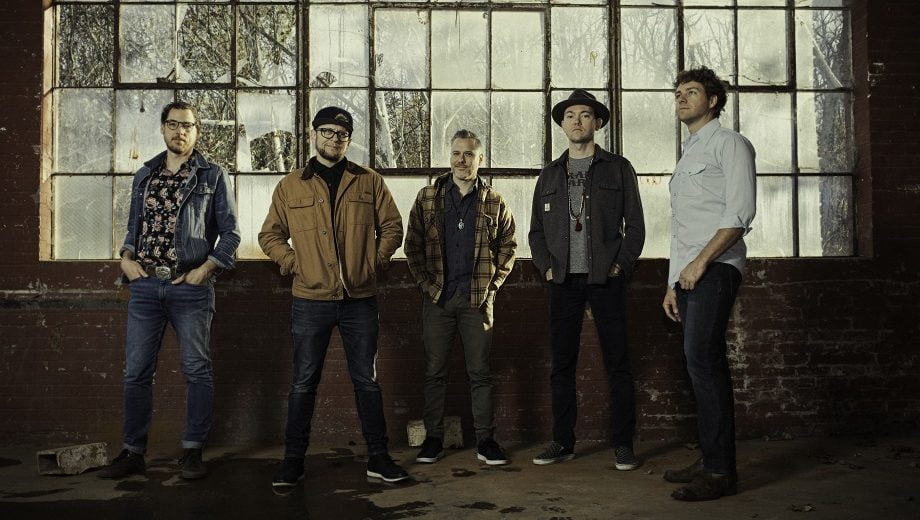It’s hard to imagine Billy Strings as anything other than the glass-shattering guitar virtuoso he’s become. Over a decade, he’s flipped, rearranged, and altogether transformed bluegrass music. He leads with instinct, allowing the music to speak on a much deeper level than many of his contemporaries. Four albums deep into his career, in addition to a live album and several collaborative projects, Strings immerses himself in the tradition of string music while bringing a fresh, exciting perspective to the classic structures of flatpickin’.
Our November 2024 Artist of the Month, Strings continues cementing his legacy by stretching boundaries and pushing progressively forward. With a foot firmly rooted in the past, always feeling ripped from another era, the musician remains intently focused on breathing life into the genre for modern audiences. As much as he’s built upon his growing solo catalog, he’s also known to frequent other artists’ work and inject his unique charms into their shared musical performances.
Strings has remained committed to bluegrass and jamgrass through the last 10 years and more, while often stepping outside these tight genre boxes for some playful excursions. From appearing on a Dierks Bentley song to teaming up with a rap juggernaut-turned-country-star Post Malone, the Michigan native keeps an open musical mind and heart. He’s an unstoppable force, always willing to try something new.
Below, we’ve put together nine of Billy Strings’ best features, both on his own projects and on others’ releases, too.
“Things to Do” with Zach Top
Zach Top recently released a three-track collaborative EP with Billy Strings as an Apple Music exclusive. “Things to Do” sees the duo injecting the track with a healthy helping of pep. The pair swaps off verses, each bringing their strengths to the performance.
“Girl, it just ain’t right / You’re burning up my daylight,” they sing. On a wide stretch of musical canvas, Top and Strings paint with vitality and urgency. The special release also includes a cover of Ricky Skaggs’ 1983 classic “Don’t Cheat in Our Hometown” and “Bad Luck,” another Top original, which appeared on his 2024 studio album Cold Beer and Country Music.
“California Sober” featuring Willie Nelson
On the eve of Willie Nelson’s 90th birthday, the country legend hopped aboard “California Sober” with Billy Strings. The rollicking track celebrates weed in moderation, finding the pair giving up late-night parties and weekend binges for a chiller sort of high.
In classic Nelson fashion, dusty strings give an air of a traveling tune and barreling down the highway at 100 miles an hour. The one-off collab single (written by Strings, Aaron Allen, and Jon Weisberger) demonstrates someone maturing and realizing that some vices should be left in the past. But regardless, the duo still cheekily admits: “the devil on my shoulder always wins.”
“M-E-X-I-C-O” with Post Malone
Post Malone dove head first into country music with the release of 2024’s F-1 Trillion. Featuring everyone from Dolly Parton and Tim McGraw to Luke Combs and Lainey Wilson, the collaborative set made quite a splash – seeing the rapper swerve into modern country with his own special twist. “M-E-X-I-C-O” is a certified barn-burner, among the project’s standout moments. Credit should be given generously to Billy Strings, who infuses his twangy, finger-pickin’ bluegrass style into the explosive, toe-tapping experience.
“The Great Divide” with Luke Combs
“The Great Divide” arrived in 2021 as a cautionary tale during troubling sociopolitical times.
“We’re striking matches on the TV / Setting fires on our phones,” warns Combs in the opening line. The singer fuels those flames throughout the song, sending smoke signals as things methodically escalate. “We’re all so far, far apart now / It’s as deep as it is wide / We’re about to fall apart now,” the lyrics burst like dynamite.
The song isn’t all doom and gloom, though. Later on, the lyrics detail how many strangers love one another despite glaring differences. Several years later, the song rings even more eerily poignant than ever before.
“Dooley’s Farm” with Molly Tuttle
A long-time fan of The Dillards’ classic, “Dooley,” Molly Tuttle updates the story to reflect an elderly man’s penchant for growing weed. “Dooley’s Farm” is a slower ditty, unlike the giddy-up pace of the Dillards’ song, and darker in tone and feel.
Strings lends his voice for spooky backing vocals, poking through the track like a ghost in the night. Their performance is found on Tuttle’s 2022 album, Crooked Tree.
“You can hide by day, but the night will find you / They caught Dooley in the moonlight,” whispers Tuttle over the gentle cry of a fiddle.
“Too Stoned to Cry” with Margo Price
Margo Price had been wanting to record “Too Stoned to Cry” for years, ever since hearing its writer Andrew Combs perform the lonesome ballad. Working with Beau Bedford, she convinced the producer to put his magical touch on the song. When it came to enlisting a duet partner, Price turned to Billy Strings, who turns in a sinewy and evocative lead performance.
“There’s whiskey and wine and pills for the pain / Fast, easy women and a little cocaine,” they sing, their voices tangling like barbed wire. With its frayed, tired edges, the song proves to be an ample showcase for both singers’ talents. It’s as classic as you can possibly get these days.
“I Will Not Go Down” with Amythyst Kiah
On her 2024 album Still + Bright, Amythyst Kiah reaches into the depths of her songcraft for a cinematic stunner. With Billy Strings in tow, “I Will Not Go Down” pounds with alarming emotional urgency. Taking cues from such film staples as Avatar: The Last Airbender and Lord of the Rings, Kiah mounts an expedition across space and time, metaphorically speaking, as she slays dragons and seeks life’s simple truths. Strings supplies a startlingly resonant knit of guitar work that punctuates Kiah’s flame-throwing vocals.
“Muscle Car” with Andy Hall
Two musical forces collide for a bedeviling five-minute epic on “Muscle Car.” With no vocal line, the composition here sizzles and pops, as it transmits its very own story through the power of instruments.
Andy Hall’s 2023 album, Squareneck Soul, delivers a torrential downpour of raw storytelling. Hall (of the Infamous Stringdusters) expertly offers up rip-roaring string work, matched with his companions’ equally engaging performances. The track also features Sierra Hull (mandolin), Wes Corbett (banjo), and Travis Book (bass), who all band together for one of the decade’s finest bluegrass moments.
“Bells of Every Chapel” with Sierra Ferrell
Sierra Ferrell pulls Billy Strings along for a charming lovesick gallop with “Bells of Every Chapel.” Found on her 2021 album, Long Time Coming, the mid-tempo track sees Ferrell peering through rose-tinted glass, examining unrequited love that squeezes your heart.
“They were ringing so clear/ But you couldn’t hear/ And your heart could never be mine,” she sings. Old-timey in spirit, the song soars higher and higher with Strings’ choo-choo train flatpicking.
(Editor’s Note: Continue exploring our Billy Strings Artist of the Month content here.)
Photo Credit: Alysse Gafkjen
